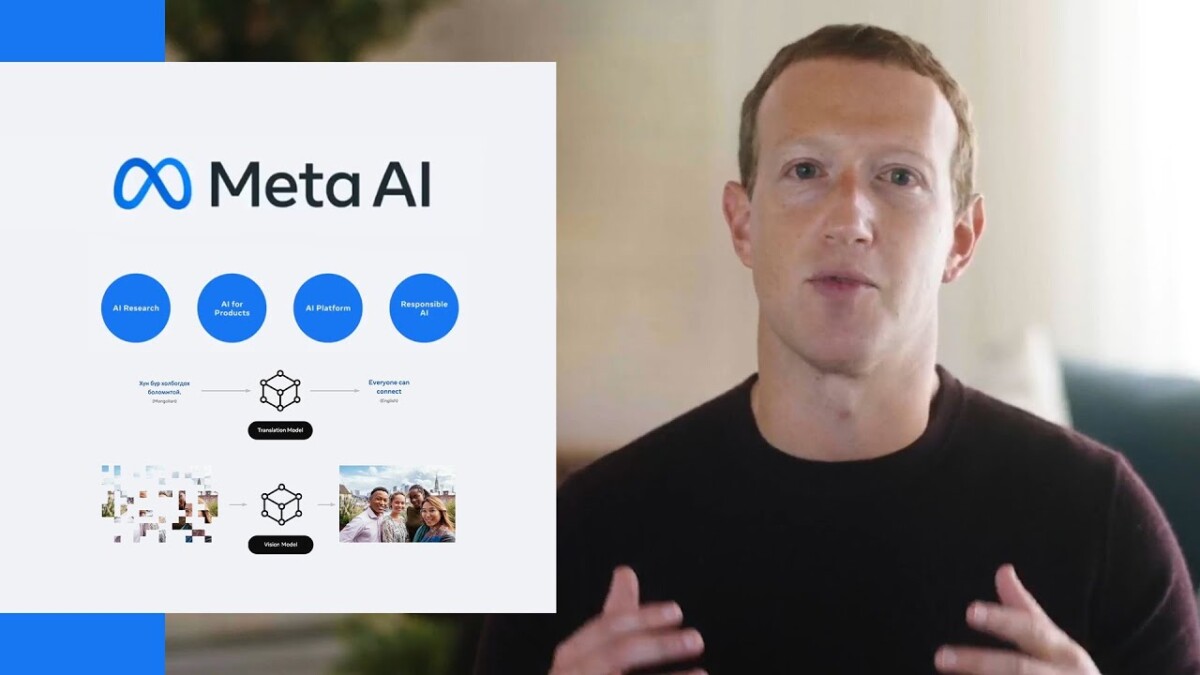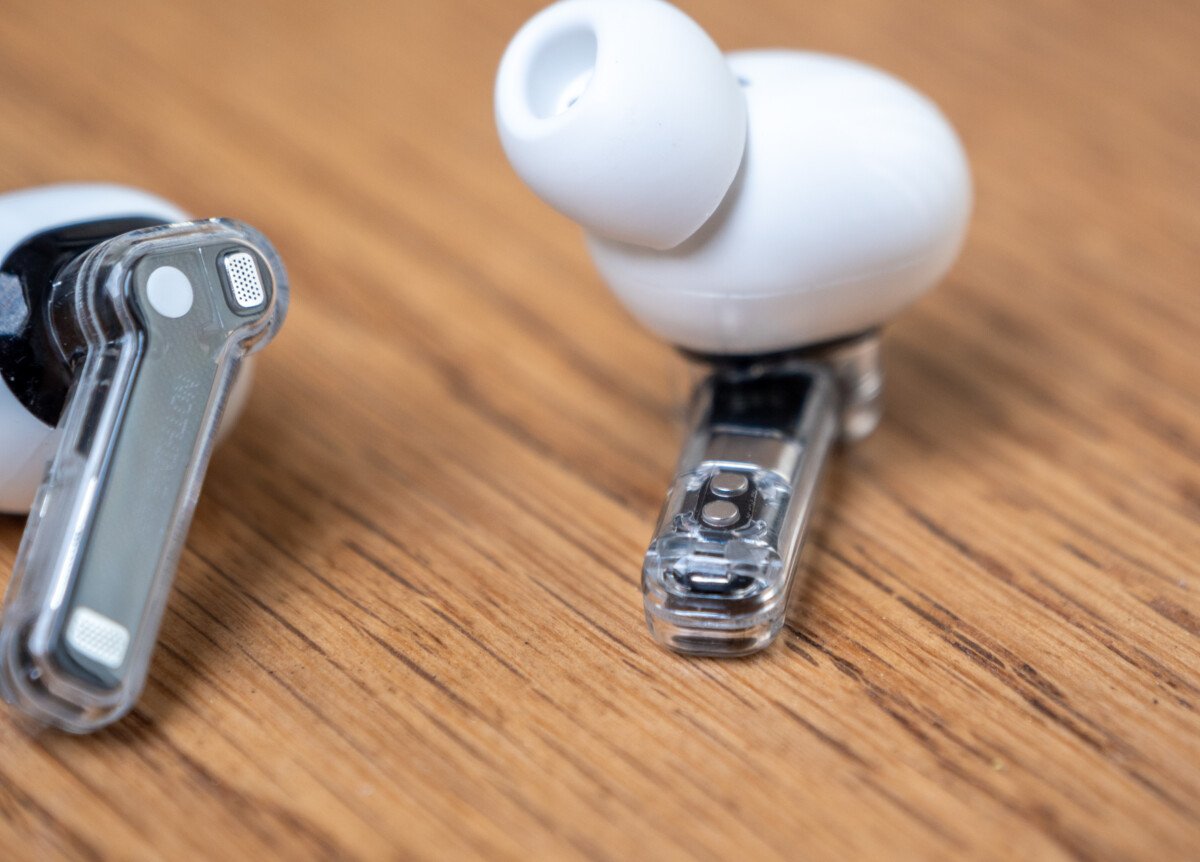Libraries Powering Sustainable Knowledge in the Digital Age
Implicit in the concept of access to knowledge is the idea of sustainability. As the idea that we should move towards a more open approach to conducting and disseminating research takes hold it is incumbent on libraries to ensure that in this shifting environment that the accessibility, usability, and long term availability of research outcomes are taken care of. This is a proactive role requiring leadership, vision, innovation and a flexible approach to partnering with researchers and infrastructure.
In our vision for the research landscape 2022 LIBER has identified 5 goals to work towards :
- Open access is the predominant form of publishing
- Research data is FAIR
- Digital skills underpin a more open and transparent research lifecycle
- Research infrastructure is open, participatory and scaled to the needs of diverse disciplines
- Cultural heritage of tomorrow is built on today's digital information.
In light of the launch of imminent the LIBER Strategy 2018-22 we invite papers or posters that contribute to this forward looking discussion in the follow areas :
- Strategy and Innovation
... - Sustainability
... - Vision
... - Leadership and Capacity Building
... - Knowledge and Data Management
...
...
The deadline for submitting a proposal is 12 February 2017.









